Projects
Adaptive Education
To the project browser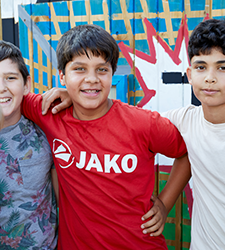
SOGREV
Restrictions on contact and curfews during the coronavirus pandemic meant that children and young people had much less opportunity to socialise. This quickly led to a complete lack of social contact with peers, especially for children and young people from socially disadvantaged backgrounds who were denied access to state institutions such as nurseries or schools […]

zEbra
The zEbra project focuses on the relationships between the use of social media and the well-being of children and adolescents. Measurement tools are being developed to validly record the smartphone use of different media and online social interactions of young people aged 10-14.

Resilience
The Resilience project aims to evaluate two mental health promotion programmes and their implementation in everyday school life. The two support programmes are implemented by multi-professional teams (school psychologists, teachers, etc.). The results of the evaluation may help to optimise the implementation of school-based prevention programmes in the future.
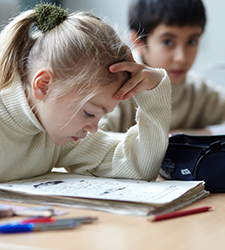
RABE 2
The RABE 2 project investigates the persistence and psychosocial consequences of learning difficulties in school from primary school to early adulthood. The study focuses on the risks and effects of learning difficulties, but also looks at the resources of those affected.

InSel
The InSel project is investigating how well teachers can recognise internalising symptoms in their students. In addition, a psychoeducational intervention for teachers regarding internalising behavioural problems in students is being developed and tested.
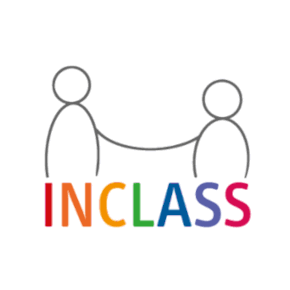
INCLASS
The INCLASS project is developing an application-oriented set of tools for the inclusion of autistic children: a training platform for teachers, a self-assessment tool for the (self-)evaluation of competences in teaching children on the autism spectrum and a smartphone app for the identification of individual barriers.
GUIDEPREP
The Europe-wide project ‘Growing Up in Digital Europe’ (GUIDE) analyses the success factors for the development of well-being in a digital world. Over a period of about 25 years, two birth cohorts (infants and school-age children) and their parents will be systematically surveyed. The upstream project GUIDEPREP (‘GUIDE Preparatory Phase’) will develop the necessary research infrastructure for the GUIDE panel between 2022 and 2026.
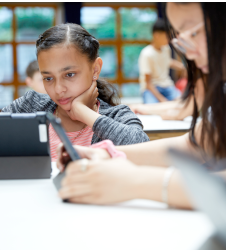
BAPAS
The BAPAS project aims to evaluate the effectiveness of a psychoanalytic therapy programme for multi-complex traumatised adopted and foster children (aged eight to eleven) and their adoptive or foster parents. As part of the extended network of these children, their teachers will also be involved in the intervention.
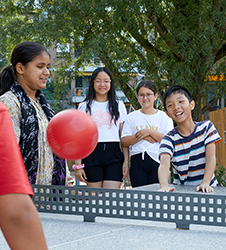
DYNAMIC Kids
In the DYNAMIC Kids sub-project of the DYNAMIC Center, we are investigating the mental health of children and adolescents using dynamic network analyses. This takes individual processes into account. We aim to provide a better understanding of individual risk and resilience factors, which will serve as a basis for personalized interventions.